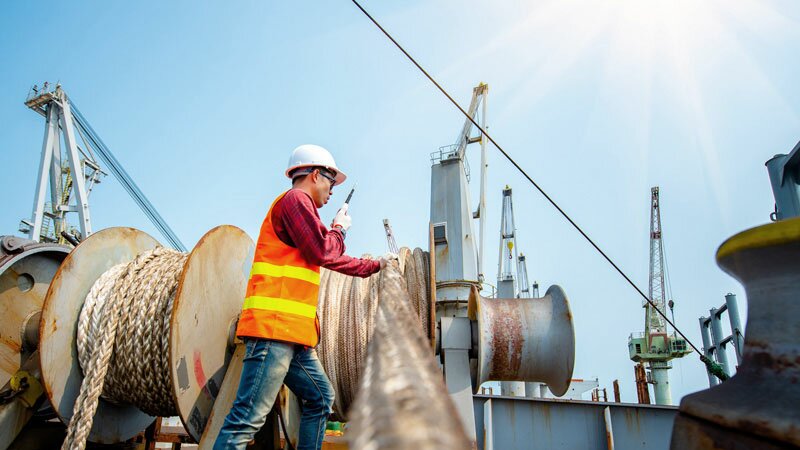Our new NorthStandard site is now live. There will be no new content or updates added to this site. For the latest information, please visit our new site north-standard.com.
News: Navigation fines for entering restricted zones in Georgian waters
News & Insights 20 July 2021
It has been 14 years since the approaches to Georgian ports have been governed by ‘Presidential Order No. 380’. Fines against vessels for violation of this order, in particular for crossing the boundaries of established channels...

It has been 14 years since the approaches to Georgian ports have been governed by ‘Presidential Order No. 380’. Fines against vessels for violation of this order, in particular for crossing the boundaries of established channels and Traffic Separation Schemes, continue to be imposed.
We have been advised that between 10 to 15 vessels are levied with fines for breaching this order in Georgian waters every year. At times, masters are required to transit extremely narrow channels under adverse weather conditions, whilst being closely monitored by local VTS for any possible crossing into the prohibited zones. Georgian authorities are particularly sensitive about any infringement of the excluded area (which was highlighted in our alert back in 2014), even if the incident is caused due to completely unavoidable circumstances.
The fine amount determined by the local coast guard is largely based on the size, as well as the type of activity of the vessel, and can go up to GEL 75,000 (approximately USD 24,000) in line with the Article 1141. Vessels which are adjudged guilty of such navigational breaches can also be detained under the national administrative code for the purpose of ensuring payment. Failure to pay can result in the vessel being sold by the Georgian authorities. As a result, vessels have little choice but to pay the fine, with negligible scope of successfully challenging the same.
All bridge teams calling at these ports are advised to adopt prudent passage planning techniques, sustain enhanced situational awareness, maintain close contact with the VTS and follow their recommendations in time when crossing these areas.

